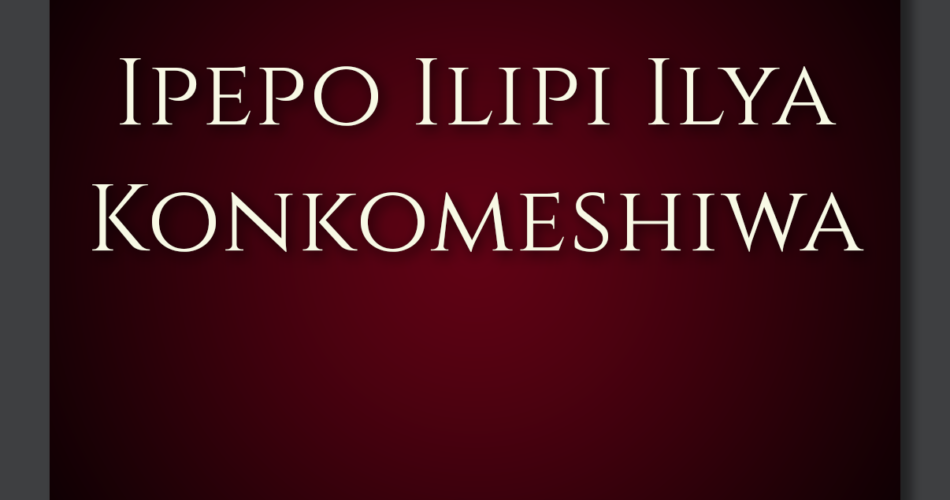Ine napela bunte Mwe Lesa wandi ukuti Imwe Mwalimpangile ukuti Imwishibe no ku Mipepa. Napela bunte pali kano kashita ukuti ine ndi mbulwa maka elyo Imwe Muli Ba Maka ndi mupina elyo imwe muli Bakatami. Takwaba Lesa umbi kano fye Imwe. Shimwitwa pa kakala, Shicaibumba.
Bahá’u’lláh
أَشْهَدُ يا إِلهِي بِأَنَّكَ خَلَقْتَنِيْ لِعِرْفانِكَ وَعِبادَتِكَ أَشْهَدُ فِي هذا الْحِيْنِ بِعَجْزِيْ وَقُوَّتِكَ وَضَعْفِيْ وَاقْتِدارِكَ وَفَقْرِيْ وَغَنائِكَ لا إِلهَ إِلاَّ أَنْتَ الْمُهَيْمِنُ الْقَيُّومُ
حضرة بهاءالله
Bahá’ís recite one of three obligatory prayers revealed by Bahá’u’lláh each day:
« These daily obligatory prayers, together with a few other specific ones, such as the Healing Prayer, the Tablet of Aḥmad, have been invested by Bahá’u’lláh with a special potency and significance, and should therefore be accepted as such and be recited by the believers with unquestioning faith and confidence, that through them they may enter into a much closer communion with God, and identify themselves more fully with His laws and precepts. »
—From a letter written on behalf of Shoghi Effendi
Further Information
